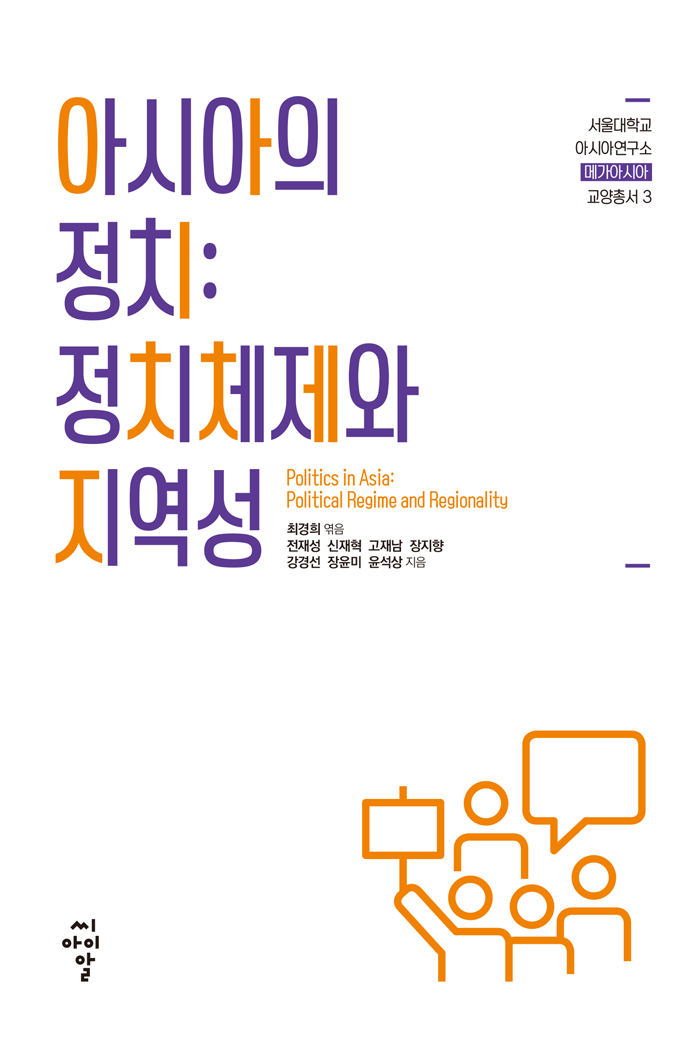
Politics in Asia: Political Regime and Regionality

- Authors: SNUAC
- Publication Date: March / 2021
- Publisher: CIR
Why Approach Asia’s Politics with Concepts of ‘Regionality’ and ‘Political Regime’?It is an interesting attempt to understand Asia’s politics in terms of ‘regions’. First, Asia takes up a wide area. ‘Regionality’ was chosen in the attempt to systematically understand the politics of Asia as a wide area. As of 2021, there are 193 member states in the UN. The Ministry of Foreign Affairs in the Republic of Korea categorized these states in terms of regions. Prior to understanding the politics of each individual country, Asia was divided into five regions, ‘Northeast Asias’, ‘Southeast Asia’, ‘South Asia’, ‘West Asia’, and ‘Central Asia’ for a systematic approach.
Second, approaching Asia’s politics in terms of regions holds the premise that the politics of each country is influenced by the country’s interaction with neighboring countries as well as the characteristics of the region that it belongs to, and that the international political interaction, in turn, influences the formation of ‘regionality’. Thus in order to understand the politics of individual countries, it was deemed necessary to understand the historical, cultural, and political characteristics of the region that those countries belong to.
Third, how does politically significant ‘regionality’ come about? It is regarded as the result of the interplay between the interaction among countries within the region and the influence from countries outside the region. Most of all, it is important that the political choices and influences of countries outside the region exert great influence on the formation of global order and the relationship between these countries and those within the region all influence the result of the interplay.
Next, how can we understand the politics of individual Asian countries? As independent state case studies, only China and Japan were discussed. These two countries are neighboring countries that greatly influence Korean politics, thus important objects of study. Also, they are countries with great influence to both Northeast Asia and the world as a whole, so that it is important to structurally understand the politics of Japan and China.
Authors
Author: Seoul National University Asia Center
Ji-Hyang Jang, Senior Research Fellow / Director of the Center for Middle East and North Africa, Asan Institute for Policy Studies
Kyungsun Kang, Professor Emeritus, Korea National Open University
Yoonmi Jang, Academic Research Professor, Institute of Chinese Studies, Dongseo University
Seoksang Yoon, Assistant Professor, Dept. of International Relations, Sunmoon University
